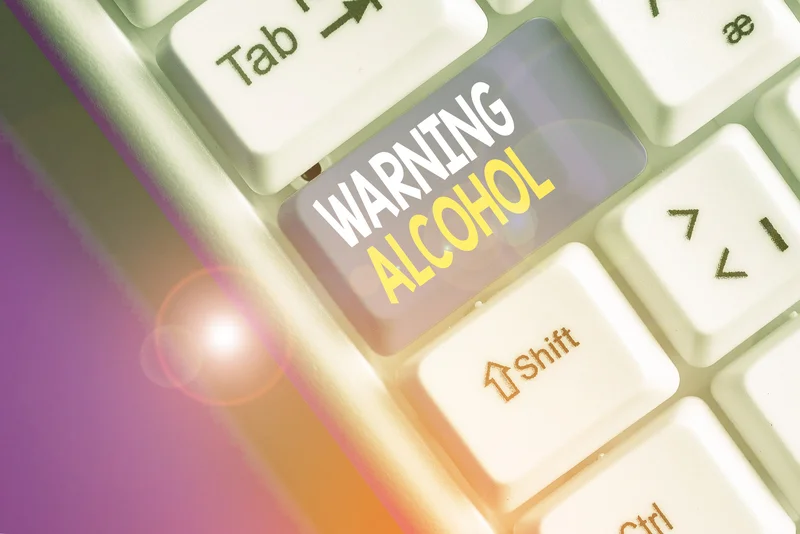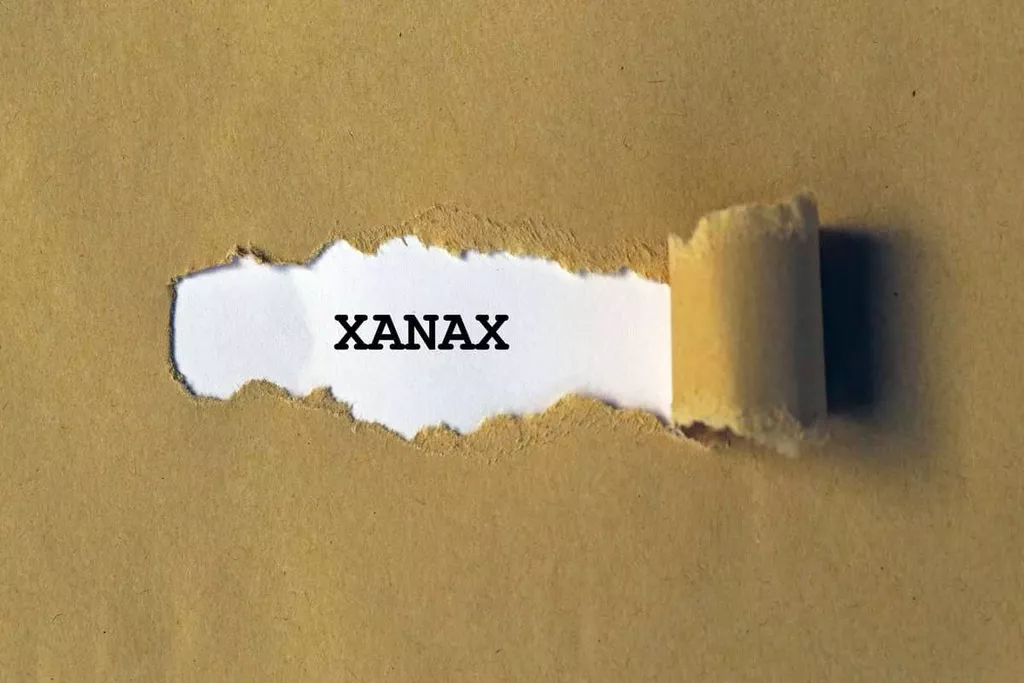
Many people don’t Alcohol Use Disorder realize that allergies can trigger mental sluggishness, as inflammation and histamine release can interfere with brain function. Nasal congestion can also limit oxygen flow to the brain, making it harder to concentrate. If you’ve ever felt groggy or unfocused during allergy season, that could be the reason. By implementing these brain fog remedies into your addiction recovery journey, you can enhance your cognitive abilities, regain mental clarity, and improve your overall well-being. Detox is an essential first step in the treatment of alcohol use disorder, but it is just the beginning of the recovery journey.
The Essentials of Alcohol Brain Fog
This impairment is closely linked to alcohol’s propensity to decelerate the central nervous system, culminating in diminished intercellular communication within the brain. This slowdown is a primary contributor to the onset of alcohol-induced brain fog, a condition characterized by mental clarity’s deterioration. After a year without alcohol, people typically experience a recovery of brain volume, particularly in areas responsible for cognitive function and memory. This recovery contributes to better motor skills, improved cognitive abilities, and more rational decision-making.
- This will be different for everyone, and I know that’s not what you want to hear.
- A consistent flow of nutrients will keep your brain sharp throughout the day.
- The smoke will clear in due time and your noggin will be back in shape before you know it, especially with the help of these brain-boosting practices.
- During this recovery timeline, it’s important to be patient with yourself and prioritize self-care.
- It’s when your head is all over the place, your memory is off, and focusing on anything—even a boring conversation—is hard.
- Inflammation in the brain has serious consequences for its functioning.
The Importance of Counseling and Therapy
We recently launched our in-app chatbot, Melody, powered by the world’s most powerful AI technology. Melody is here to help as you adjust to a life with less (or no) alcohol. You’ll meet millions of fellow Reframers in our 24/7 Forum chat and daily Zoom check-in meetings. Receive encouragement from people worldwide who know exactly what you’re going through!

What are the Stats On Rehab and Recovery?
This dependence plays a significant role in the intensity and duration of brain fog during withdrawal. The more prolonged and heavier the alcohol use, the greater the probability that the brain fog will remain for a longer time. It can help improve different facets of brain functions, such as mental alertness and focus.

Sleep deprivation

Alcohol impairs GABA, a calming neurotransmitter that reduces anxiety and stress levels in the brain. Alcoholics have been shown to have lower levels of GABA receptors than those who are not alcoholics (R). Many alcoholics self-medicate their condition by using benzodiazepines as supplements for their lowered levels of GABA neurotransmitters. Another condition to be aware of is Wernicke-Korsakoff syndrome, a severe form of alcohol-related brain damage caused by thiamine (vitamin B1) deficiency.
- It’s almost as if there’s a layer of film in our mind that prevents our brain from working as well as it normally does.
- Mood disorders like anxiety and depression are the most common alcohol-related mental issues.
- Experiencing persistent brain fog 3 days after drinking could indicate problematic drinking habits.
- You’ll meet millions of fellow Reframers in our 24/7 Forum chat and daily Zoom check-in meetings.
- Alcohol brain fog is any cognitive difficulty you experience during or after ingesting alcohol.
- In addition, ongoing research is abundant in the area of neuroplasticity—the amazing ability of the brain to rewire following injury or disease—and its relationship to addiction recovery.
Consider starting a healthy withdrawal program
- Basically, dopamine is involved in almost every area of your thought and reward system.
- Taking a few minutes each day to practice mindfulness can make a significant difference in our ability to focus and think clearly.
- Once you take away the chemical reactions that alcohol causes, your brain has to refigure out how to work normally again.
- Alcohol abuse can cause memory problems similar to those of dementia psychosis.
- Ende and her colleagues now believe that any proper alcohol abuse treatment should last for a minimum of two weeks.
As if that weren’t enough, brain fog often comes bundled with extreme fatigue and an overall sense of overwhelm. Feeling terrible, unable to think clearly, and struggling brain fog day after drinking to make sound decisions can make it all too tempting to reach for a drink again. After three months of sobriety, the body will have fully adjusted to life without alcohol. Your sleep pattern should be back to normal and any changes in weight due to quitting drinking may have settled.
- As individuals advance through recovery, engaging with support groups, sober living communities, and outpatient therapy becomes integral to maintaining long-term sobriety.
- Cut yourself off from caffeine by six hours before bedtime, and drink plenty of water and other hydrating beverages.
- As the alcohol is metabolized and nutritional states are restored, alcohol brain fog can clear with time.
- However, there are ways to prioritize cognitive health, such as exercising regularly, engaging in mentally stimulating activities, and eating well.
- Finally, alcohol can also disrupt our natural sleep cycle and reduce our overall quality of sleep.
Of course, Brain fog can also be a response to poor sleep or malnutrition, but funnily enough, these are also two major areas impacted by chronic alcohol abuse. These symptoms can arise from various factors, including stress, lack of sleep, poor nutrition, or substance use—particularly alcohol. Gillian Tietz is the host of the Sober Powered podcast and recently left her career as a biochemist to create Sober Powered Media, LLC. When she quit drinking in 2019, she dedicated herself to learning about alcohol’s influence on the brain and how it can cause addiction.

The Wernicke-Korsakoff syndrome is a type of brain damage that is usually caused by overconsumption of alcohol. If you are experiencing any of these symptoms, it is essential to speak to a medical professional. This organ is responsible for filtering toxins from the blood and converting nutrients into energy. These deficiencies can lead to symptoms like fatigue, poor concentration, and irritability. Use of this site constitutes acceptance of Sober Recovery’s “Terms of Use”, “Privacy Policy”, “Cookie Policy”, and “Health Disclaimer”. The material on this site is for informational purposes only, and is not a substitute for medical advice, diagnosis or treatment provided by a qualified health care provider.
Try caffeine-free options
Have you ever had an incredible night out with friends, only to be left feeling mentally foggy the next day? To prevent brain fog, make sure to drink water between alcoholic drinks, eat a balanced meal before and after drinking, get quality sleep, and limit your alcohol intake. If you’re struggling with alcohol misuse or addiction, or you know someone who is, please contact American Addiction Centers at to learn more about alcohol addiction treatment options. If you’re wondering how to get rid of alcohol-induced “brain fog,” it may be time to seek professional treatment. Professional treatment can help you stop drinking and regain control of your life.
Dual Diagnosis Treatment
Today, she educates and empowers others to assess their relationship with alcohol. Gill is the owner of the Sober Powered Media Podcast Network, which is the first network of top sober podcasts. Fatigue and exhaustion are major issues during the early stages of sobriety. Many of us turned to alcohol after work to boost our energy levels or on weekends to summon the motivation to clean. Feeling constantly exhausted can be disheartening, and this fatigue can persist on and off for months as the brain heals. Alcohol does provide a temporary energy boost, but it’s not a sustainable solution.
Leave a Reply